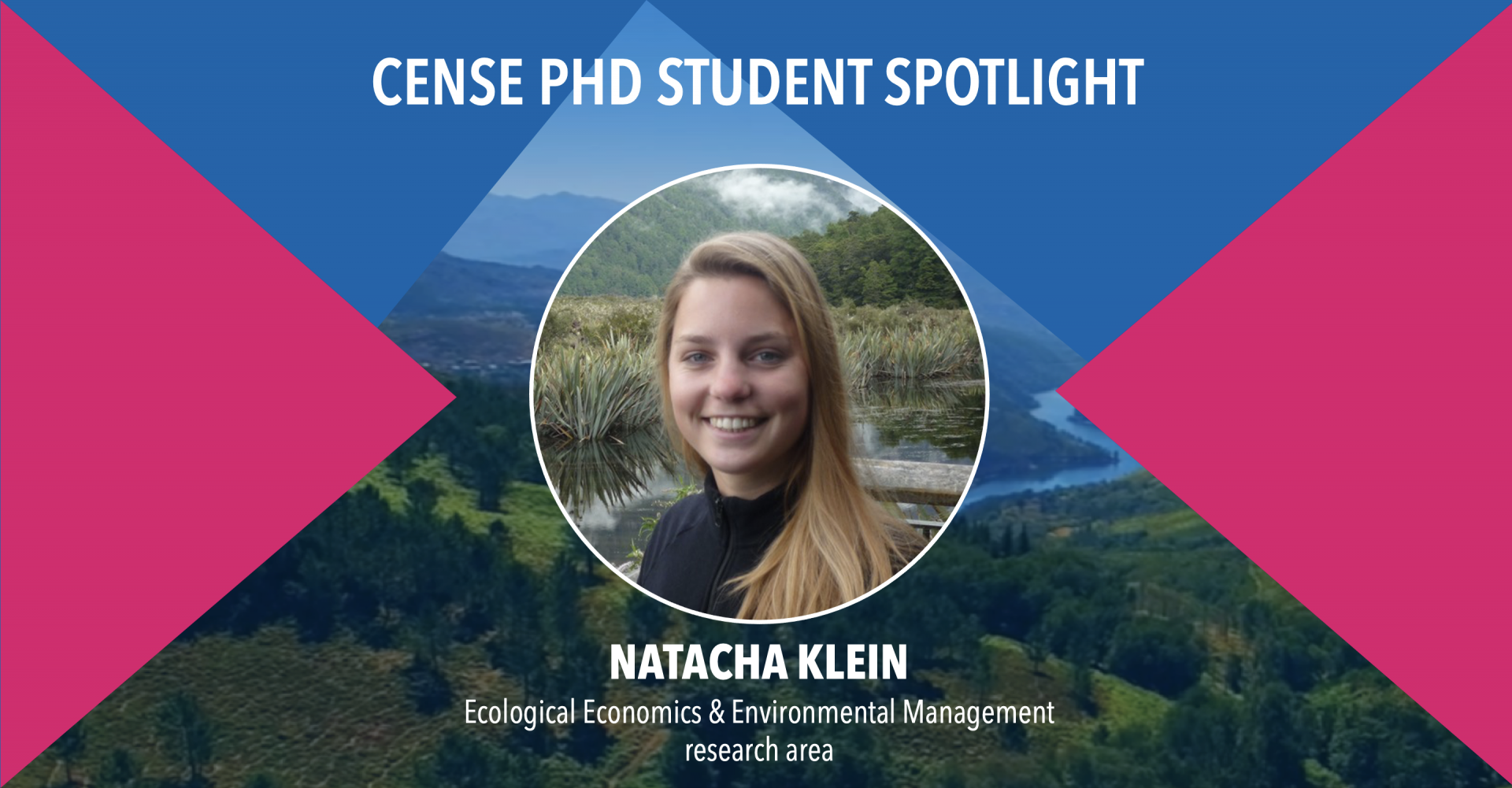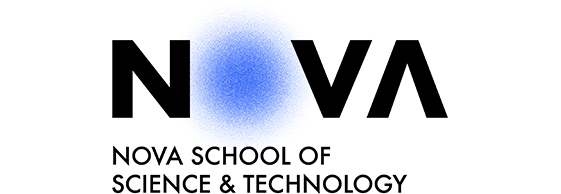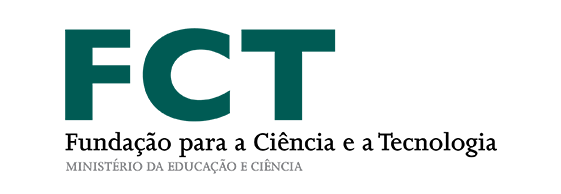CENSE PHD STUDENT SPOTLIGHT
Natacha Klein
1. Tell us about yourself
My name is Natacha Klein, I live in Lisbon, Portugal but I’m originally from Switzerland and Sweden. I love the outdoors especially the mountains to go hiking, skiing, climbing and enjoying the views and landscapes. I’m passionate about the environment and the way people are representing and imagining their surroundings which is why I did my BA in Geography at the University of Geneva in Switzerland as well as a certificate in Geographical Information Systems (GIS) and remote sensing. Becoming increasingly aware of the global environmental challenges we face, I decided to do my MSc in Science for Sustainable Development at Linköping University in Sweden focusing on climate change adaption of Nordic agriculture. Understanding that our unsustainably productive and overconsuming economic system is failing the current and future needs for a healthy planet, I am now doing my PhD thesis on the topic of Circular Economy in the Programme Environment and Sustainability at FCT NOVA.
2. What are you researching?
My PhD research is about identifying and understanding how public sector organisations are engaging and adopting circular economy-based practices in their strategies and operations and how can public administrations manage organisational change for circularity towards sustainability.
3. What impact on society would you like your research to have?
I would like for my research to contribute to the understanding of Circular Economy as more than an economic opportunity but as a different way of thinking about our society and relationship to resources altogether. Also, I would like my research to show the importance and possibility of circularity application in public sector organisations and to bring awareness amongst their employees. So far considered mostly through its role of policy-maker for the circular economy, I hope to shed some light onto another perspective of the public sector. More generally, I would like to show the possibilities for change in the mindsets of organisations and people towards circular thinking.
4. If you could pick one thing to change in the world, what would it be and why?
I would like to change people priorities and intentions in decision-making processes. I would like for every person to be aware and truly consider all the consequences and especially the environmental and social externalities of their decisions. Not to prioritize short term economic growth and profitability but instead to choose the most sustainable options that enable the regeneration of natural ecosystems and biodiversity and the development of equitable social systems overtime.




